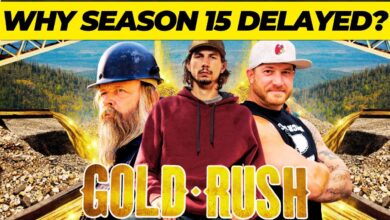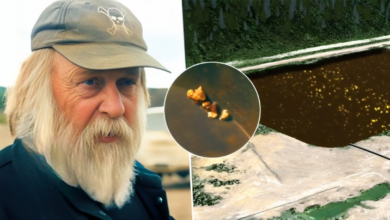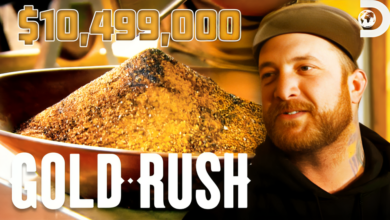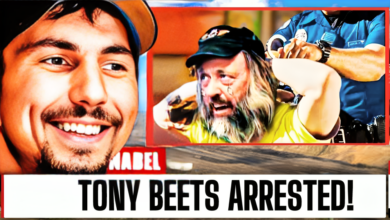‘Gold Rush’: Parker Schnabel on Rick Ness Return, Tough Decisions & Massive Gamble
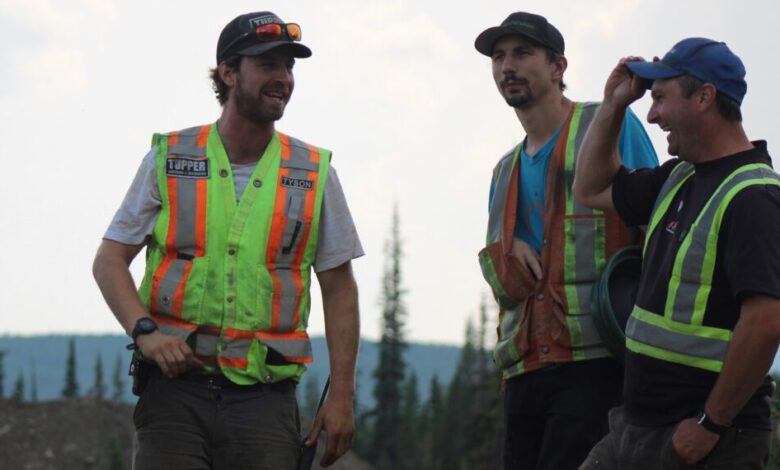
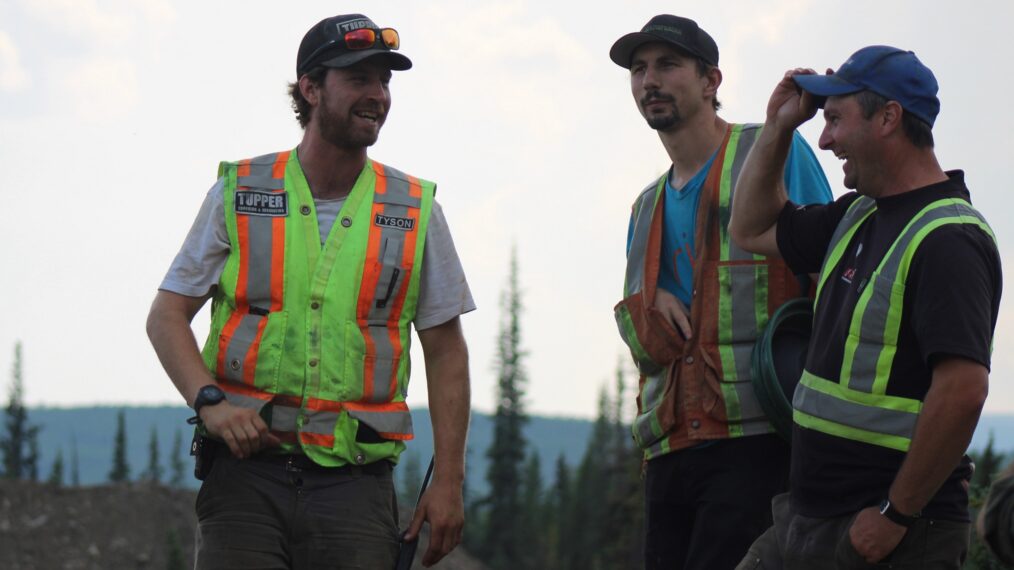
Wayne Gretzky once said you miss a hundred percent of the shots you don’t take. A mentality shared by Parker Schnabel, the miner who took a massive gamble this season on Gold Rush. One that saw him pay $15 million for the Dominion Creek claim.
It has been anything but a smooth road toward Schnabel’s goal of securing 5,000 ounces, throwing in a new wash plant into the mix. Not to mention stretching his crew to the brink after mining in the unexploited Australian Creek as well. Here the Klondike kingpin reflects on the season so far and his decisions that translate into big payoffs.
What did you make of Rick Ness’ return?
Parker Schnabel: I was just glad he was alright. Obviously, he went through a lot. He seems to be back in a good headspace. He had definitely seemed pretty normal to me every time I saw him. I don’t care what people would say, but when I saw him he seemed fine. Not to make light of what he went through, but people want to escalate and inflate things.
You went all-in on Dominion Creek. That had to put a lot of mental stress on you to make sure it worked for you. Take me through those early moments in the season.
Parker: There was some uncertainty and some stress, but I think a lot of it comes down to trusting data and the plan we made. We spent a lot of time drilling and putting a plan together in the spring. Liam Ferguson, who owns the drilling company we use, is a really good friend of mine. He was living in the house we had, and we were putting mining plans together. As drilling results were coming in we were going through budgets of what we could afford, what we could do, and how close we were able to cut. I just try to trust that we are making the right plan and that it needs to be executed right. I try not to make too many decisions that aren’t based on good information.
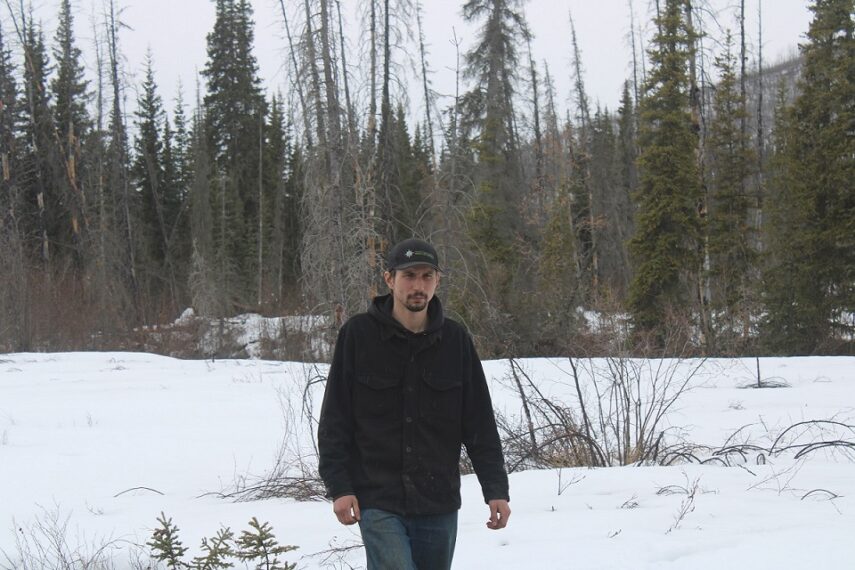
Sandy Dubois from your crew had a panic attack while operating the Slucifer. How did you feel that played out? How proud were you that she went back in there?
Sandy is a wonderful person and a very good friend of mine. I hate to see people go through that kind of stuff, but at the same time, I think it’s good to show people that there are places you can work in these industries that will be respectful and responsible when it comes to dealing with that stuff. Because a lot of bosses won’t give a sh*t. I think that’s wrong quite frankly. Second of all, I feel like we as employers have a huge amount of responsibility to our employees. A lot of people like to talk about the opposite, where employees should be responsible to employers and have their loyalty. I think it falls more on the employer’s side in terms of treating people well and being responsible and reliable and honest. You don’t have to be nice. I know I wasn’t at times, but I think that’s a very real responsibility that I take very seriously.
There was a scene with you and Tony Beets where he was looking at the equipment you were selling. He gave you some validation. How did that make you feel?
Parker: It doesn’t really matter, to be honest. Tony and I have had a lot of history and a rollercoaster of a relationship. I don’t want to get into it, but he is his own person. There is a level of respect there, but I think it’s mutual. At the same time there si not so much. I’m going to leave it at that.
With Dominion Creek and Australian Creek both running, you’ve had to split up your crews. This means having to entrust others who might not be as experienced. Did that bring additional worry? That you may have stretched your operation too thin at this stage of the season?
I like that process. I like that thrown in the deep end and seeing if they are going to sink or swim and having to take the responsibility and make the decisions. Trial by fire. I like having a lot going on. I like having a lot of wash plants running. It keeps me out of trouble and bored.
How was it getting that new wash plant to move things along?
It’s definitely very nice and had the improvements we wanted out of it. It’s a lot faster and has lower yardage than our other few plants, but it is designed mainly for a recovery standpoint. We did notice a recovery increase or at least a cleaner recovery, sort of where the gold was lying in the box. It seemed to run quite well and did its job. The other nice thing is it was user-friendly and smooth operating, so that’s good.
What can you tease to come as we head toward the end of the season?
We’re facing a season that increases in production from the year before. That’s a little bit difficult. I would have liked to keep that streak up. I think decision issues came down to trying out a new plant at a critical time of the year was probably not the smartest decision. We had very little time because we had a big block of ground and were looking down the barrel of winter coming in with quite a bit of sluicing left to t do. We added in a variable of a new plant not knowing how it would work out. At some point, it may look like a big mistake.
